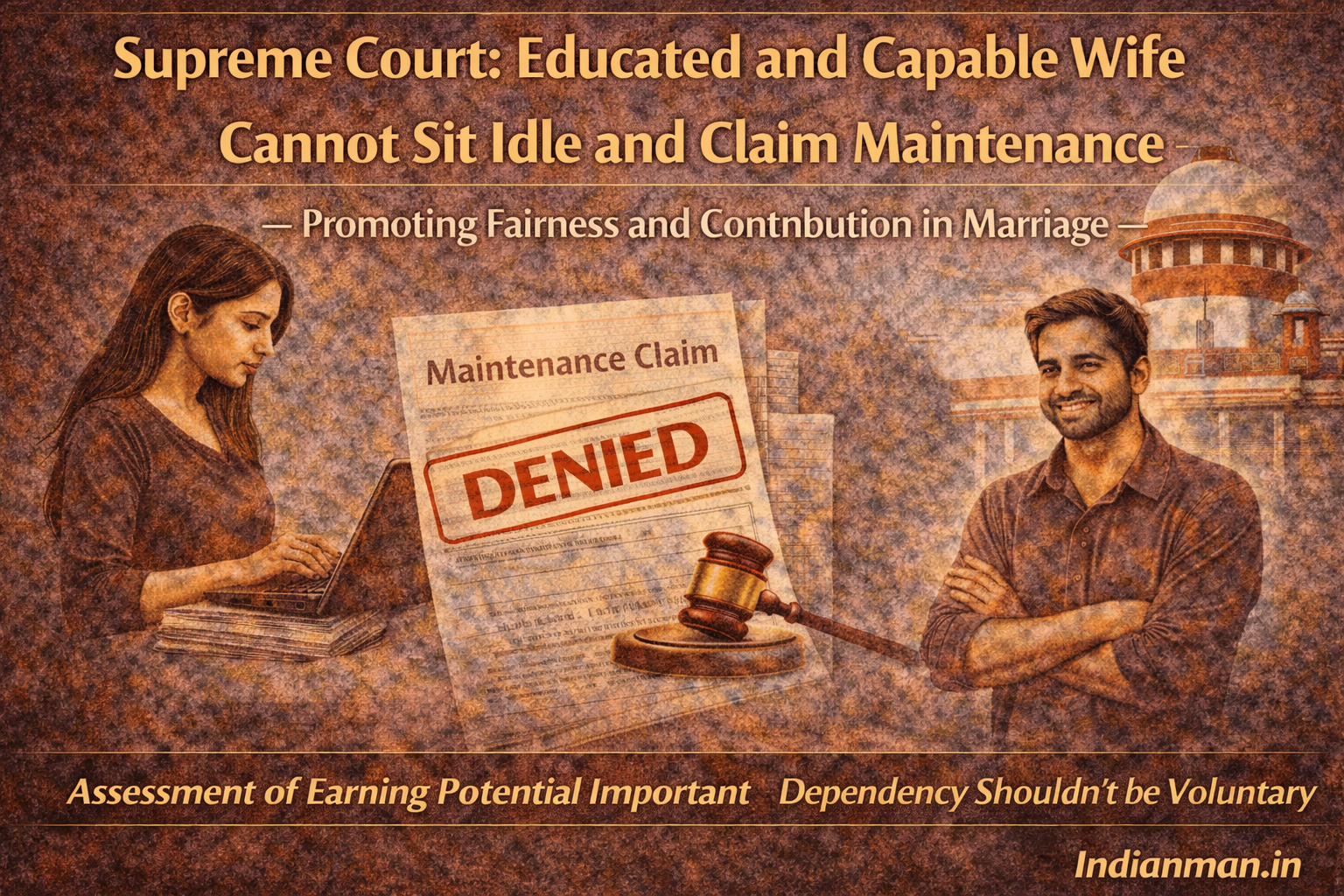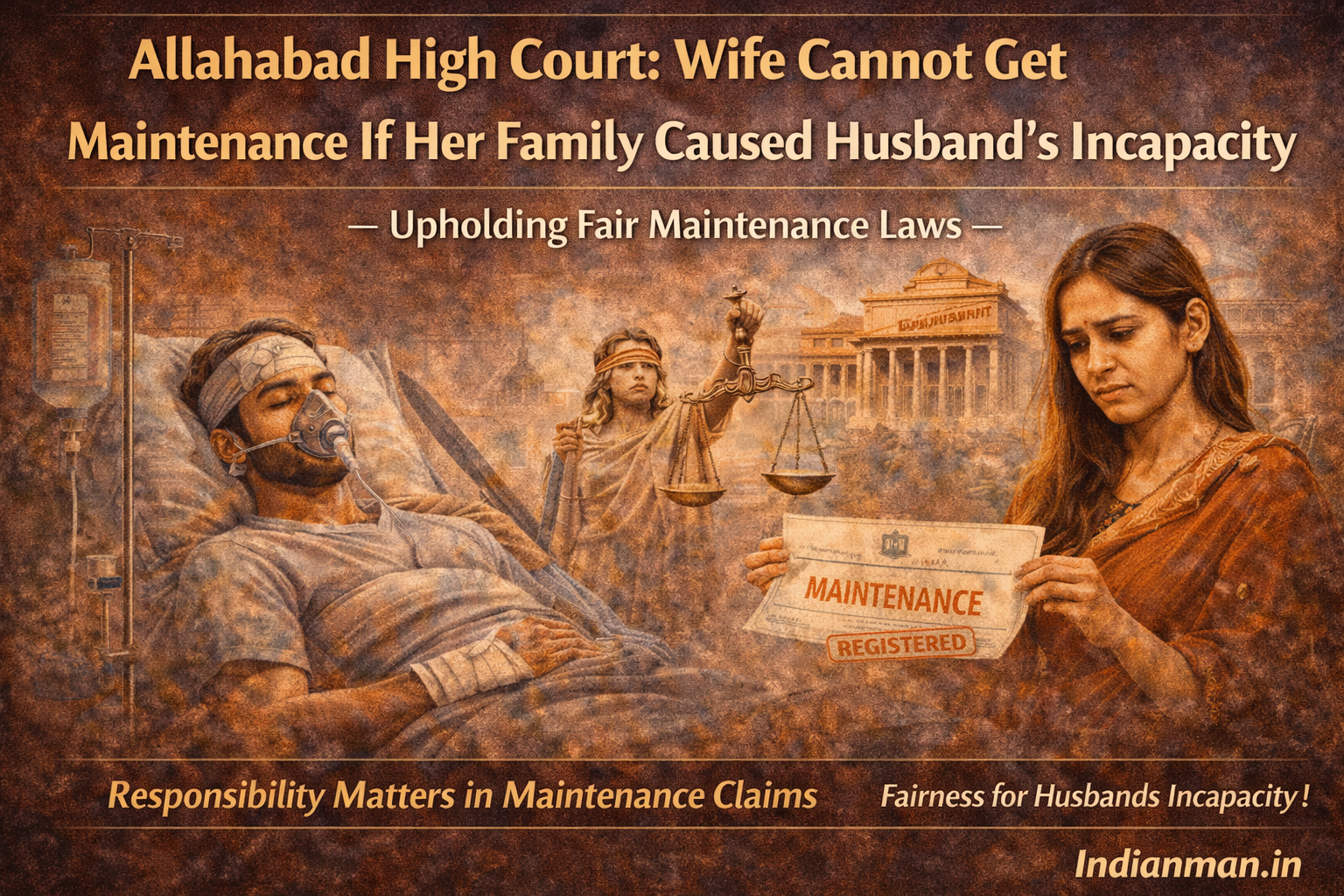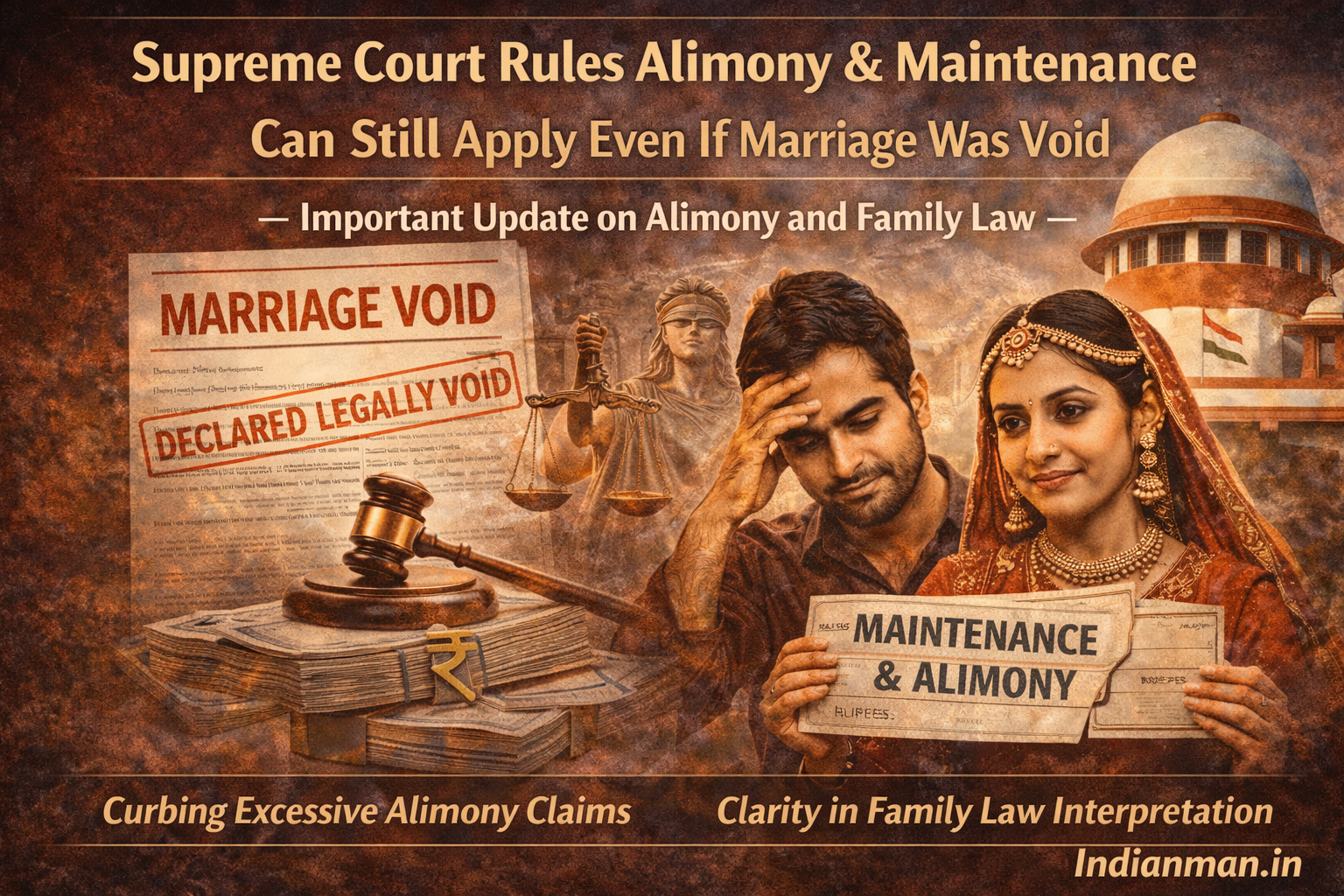Punjab and Haryana High Court Upholds Divorce Due to Wife’s Refusal to Live with Aged Mother-in-Law
The Punjab and Haryana High Court has upheld the divorce of a man whose wife refused to live with his elderly mother and mentally ill sister. The court dismissed the wife’s appeal against the trial court’s judgment, which granted the divorce under the Hindu Marriage Act.
The couple married in 1999, but the husband filed for divorce in 2016. His plea was granted by a court in Palwal, Haryana, in 2019. The court noted that the woman and her two daughters had been living separately from the husband since 2016.
Despite knowing that her mother-in-law was 75 years old and her sister-in-law had an unsound mind, the woman refused to live in the village with them. Instead, she demanded that her husband move out.
The Division Bench stated, “The expectation that the husband should live with her after leaving his elderly mother and mentally ill sister constitutes an act of cruelty.”
The court also observed that the woman had joined Brahma Kumaris, a spiritual organization where celibacy is practiced by women. This fact led the family court to conclude that the woman was not interested in marital relations. The court referenced the Samar Ghosh case, stating that refusing intercourse for an extended period without physical incapacity or valid reason amounts to mental cruelty.
The couple has been separated since 2016, with no attempts at reconciliation. The court noted that their marital relationship is emotionally dead and beyond repair. Forcing them to stay together would only cause further mental stress and cruelty.
While upholding the divorce, the court noted that the family court did not grant any alimony to the woman. Although the wife had not filed an application for alimony, the court stated that under Section 25 of the Hindu Marriage Act, the wife could still initiate proceedings for permanent alimony even after the divorce decree.
The court directed the husband to pay ₹5 lakh as interim alimony to the wife within three months, keeping open the possibility for her to claim permanent alimony later.
This decision underscores the court’s stance on long-term estranged relationships and the importance of addressing marital disputes through legal means.




